Feed and fuels do not have to compete
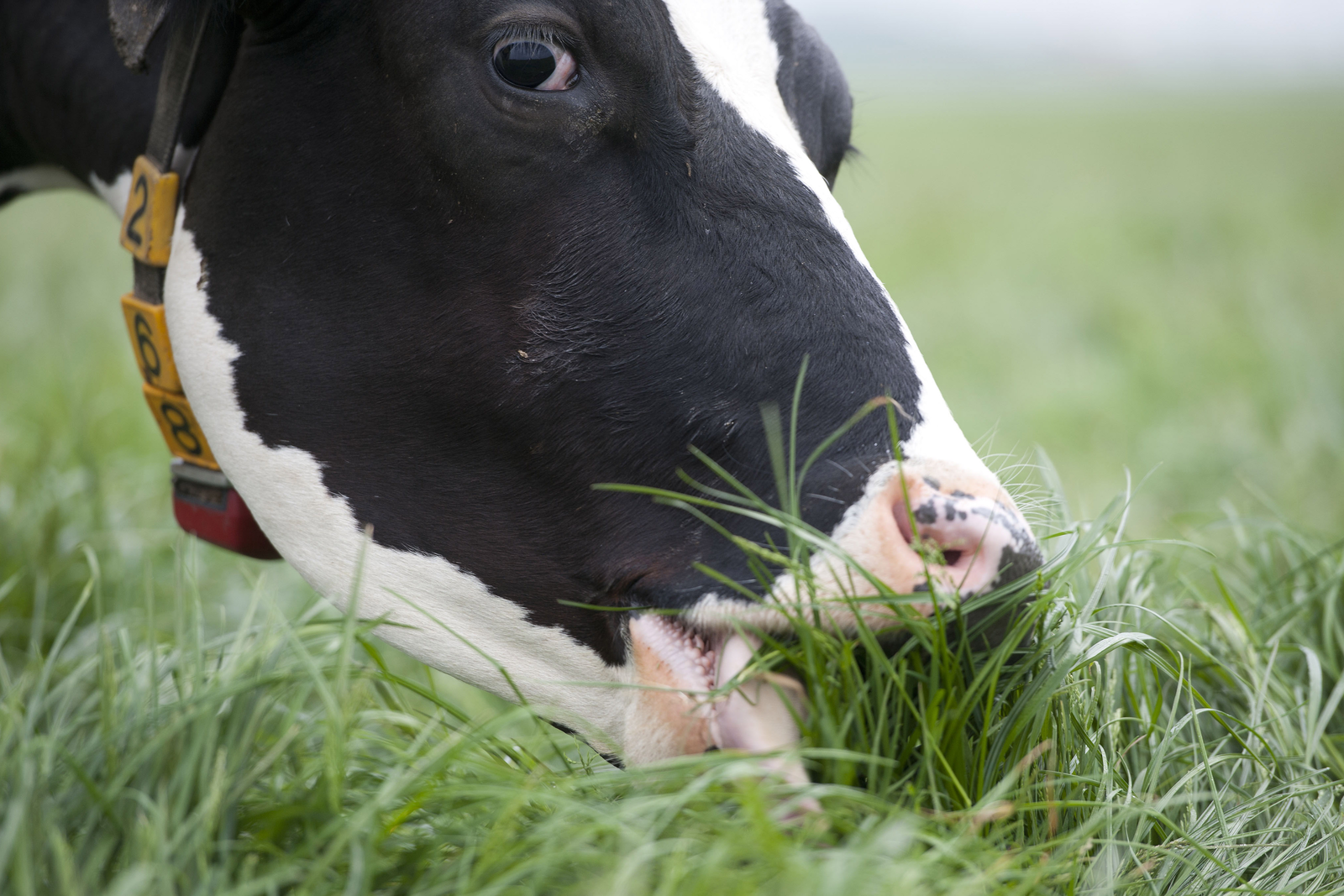
Cultivation of crops for both feed and fuels do not have to compete. The two can exist and grow together in the future without conflicting.
For some while it was thought and even feared that the encouragement to use agricultural crops for making fuel, like e.g. ethanol in the United States, would go at the expense of area available to grow crops for use in feed. Logically speaking, either feed prices would become more expensive or much more land would need to be available to meet the growing demand for livestock production.
Now that doesn’t necessarily have to be true, says Dr Sarah Gerssen-Gondelach, bioenergy researcher, who received her PhD last month at Utrecht University, the Netherlands. In her opinion, it’s possible to do substantially more with what we currently have, just by focusing on producing more efficiently.
Defining effiency
To All About Feed she explained that in her research, she defined ‘efficiency’ by looking at emissions and area use. In other words: do animals convert their feed into growth in the best possible ways – and are crops grown in the best possible ways? In her research she did not focus on e.g. energy use or financial efficiency.
As for growing crops more efficiently, Gerssen-Gondelach thinks of e.g. precise application of fertilisers as well as novel types of fertilisers.
In order to further discover how animals can convert their feed better, Gerssen-Gondelach looked into dairy and beef production and gathered existing knowledge into a literature study. She says, “A number of studies show that the nutritional value of crops has an important role to play with regard to emissions. It depended on the individual studies which crops were scrutinised.”
Feeding different types of grass or supplying additional feed to the animals might be ways to feed the animals more efficiently, she explained earlier in an interview in Dutch newspaper de Volkskrant. She estimated that a 2- to 8-fold increase of the revenue of milk and meat per hectare is possible.
Agricultural improvement in Poland
Gerssen-Gondelach analysed conditions in Eastern Poland, around Lublin, where there is plenty room for improvement in agriculture. She calculated that within 10 years 4 to 25% of the available area could be made available for cultivating biomass. When the output of these available grounds would be used very efficiently, up to 4% of cars in Poland would be able to be propelled by biofuels.
Improvement is possible, but limited
Possibilities to improve agricultural efficiency, however, are not endless, Gerssen-Gondelach told All About Feed. She said, “When looking into agricultural output, I think it is fair to say there is a limit to what can be improved. Of course, with technological developments there is improvement possible as to what is feasible, but this is mostly true for crops and less for animal production. What I did come across during my research is that there are enormous output differences worldwide. Partly one can explain this by local conditions, like e.g. the climate, influencing that what is possible.”
She continued, “Often, however, when applying methods or technologies that are being used elsewhere, a substantial improvement is possible. My research showed that major factors impeding possible developments include the absence of decent government policy – e.g. grants to stimulate investments – and the absence of markets or lack of access thereof.”
Efficiency not at expense of welfare
Producing more efficiently, does not always have to mean ‘industrial-style’ livestock production, Gerssen-Gondelach added. She said, “What I see in my research to dairy and beef production, is that even within different types of production systems, e.g. all-year round or partly free range animals, there are still substantial differences in efficiency. In many cases things can be improved within an existing system, without having to move to industrial-style production – and animal welfare does not have to suffer. I realise that this might be different in poultry and pig production, but it is important to look for a good balance between efficiency and animal welfare.”
 Beheer
Beheer

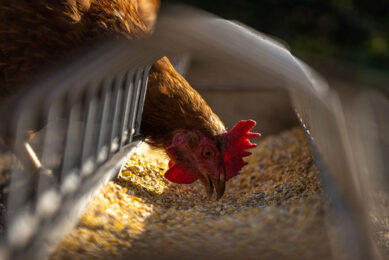
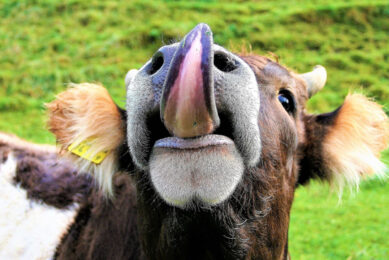
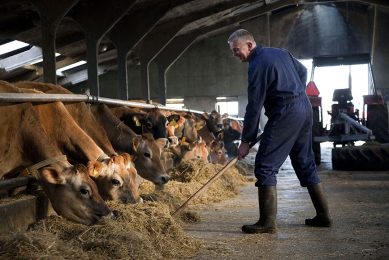
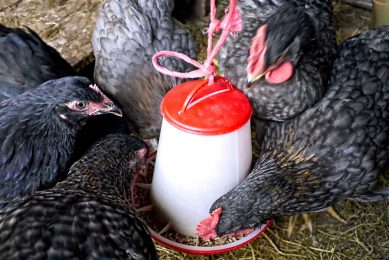




 WP Admin
WP Admin  Bewerk bericht
Bewerk bericht